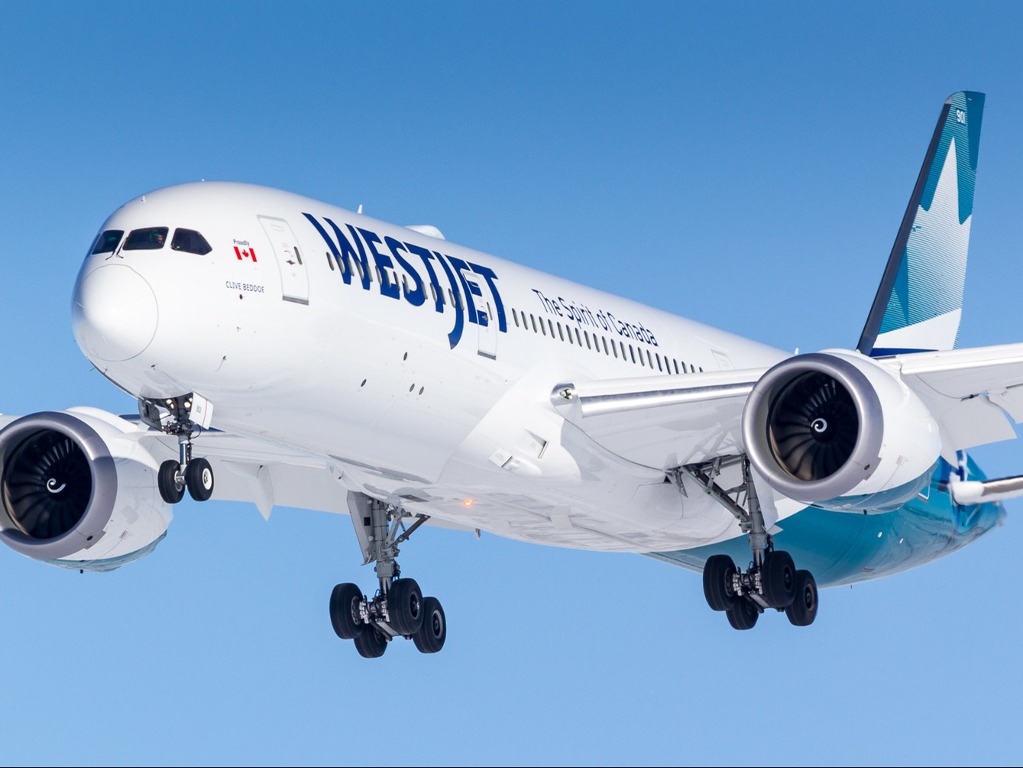Policy Revision

A new poll by the Global Business Travel Association (GBTA) reports that as signs of recovery continue in the business travel sector, travel procurement professionals are prioritizing the health and safety of employees.
The GBTA found that over half of travel buyers report their company has changed its travel policy and 70% characterize the policy changes as being ‘somewhat’ or ‘a lot.’
When asked what travel program changes have been made due to the pandemic, instituting new rules about pre-trip approval (53%), having more frequent or detailed pre-trip communications or briefings (35%), collecting health information from employee travellers (i.e., virus exposure or preexisting conditions; (24%) and clarifying or changing rules about ticket credits/unused tickets (22%) are cited most frequently.
Consistent guidelines and standards continue to be critically important across all verticals in the business travel industry, however there is a need for more communication of safety protocols.
While a majority of GBTA companies (68%) say they have enough information on supplier cleaning and sanitation practices, one-quarter say they would still like more (24%).
In addition, half (49%) feel they have enough information about operational changes such as flight rescheduling or check-in procedures, but one-third (37%) say they would like more information.
Despite the rising infection rates in some parts of the world, companies are still considering a return to travel.
Half (49%) are considering resuming all travel (regardless of country or region) in the near future, although do not currently have definite plans.
Only one in five (18%) GBTA member companies report they do not plan to resume all travel in the near future.
The GBTA poll found that domestic and essential business travel is likely to resume first.
Among respondents who report their company has cancelled at least some domestic business trips, four in ten (44%) expect domestic travel to resume in the next 2 to 3 months.
One in three expect domestic travel to resume in the next 6 to 8 months (34%) or are unsure (15%).
GBTA members in Europe (77%) are more likely than members in North America (37%) to expect domestic business travel to return in the next 2 to 3 months.
Among GBTA companies who have cancelled at least some international business trips, one in ten (16%) expect international travel to resume in the next 2 to 3 months. Two in five expect international travel to resume in the next 6 to 8 months (40%) and one in four are unsure (25%) as to when international travel will resume.
Again, GBTA companies based in Europe (33%) are more likely to expect international business travel to resume in the next 2 to 3 months than are members based in North America (13%).
The return to travel from a supplier perspective follows a similar geographical divide, with more travel suppliers and travel management companies (TMCs) in Europe reporting an increase in bookings (50%) than in the U.S. (27%).
Said the GBTA’s executive director, Dave Hilfman: “The slow recovery of business travel continues with a noticeable uplift in Europe. The U.S. recovery has remained largely static, probably in line with new COVID-19 cases that dominate our headlines, slowing progress.”
Hilfman continued: “GBTA is continuing to support members to introduce consistent health and safety measures for every travel vertical, a key requirement to enable travel programs to resume. As we have seen from the poll results, buyers have had to adapt to the changing demands, significantly altering travel policy to reflect the necessary increase in health and safety protocols. GBTA are working with our buyer members to help navigate the new norm and road to recovery.”
When asked how COVID-19 had impacted their organizations, 81% of travel suppliers have furloughed employees and 78% have reduced or laid-off staff. Half (53%) of companies who have furloughed employees have returned some or all staff to work in some capacity.
Most respondents feel the business travel industry has experienced the worst in terms of cancelled flights (73%) and hotel operations suspension (66%). However, one in four believe the worst is yet to come in terms of layoffs/furloughs and revenue loss (44% each).
This is the ninth poll that the GBTA has conducted with its members in order to measure the effects of coronavirus on business travel. It was taken from July 7 to July 13, receiving responses from 2,167 member companies from around the world.
Go to www.gbta.org for more.


